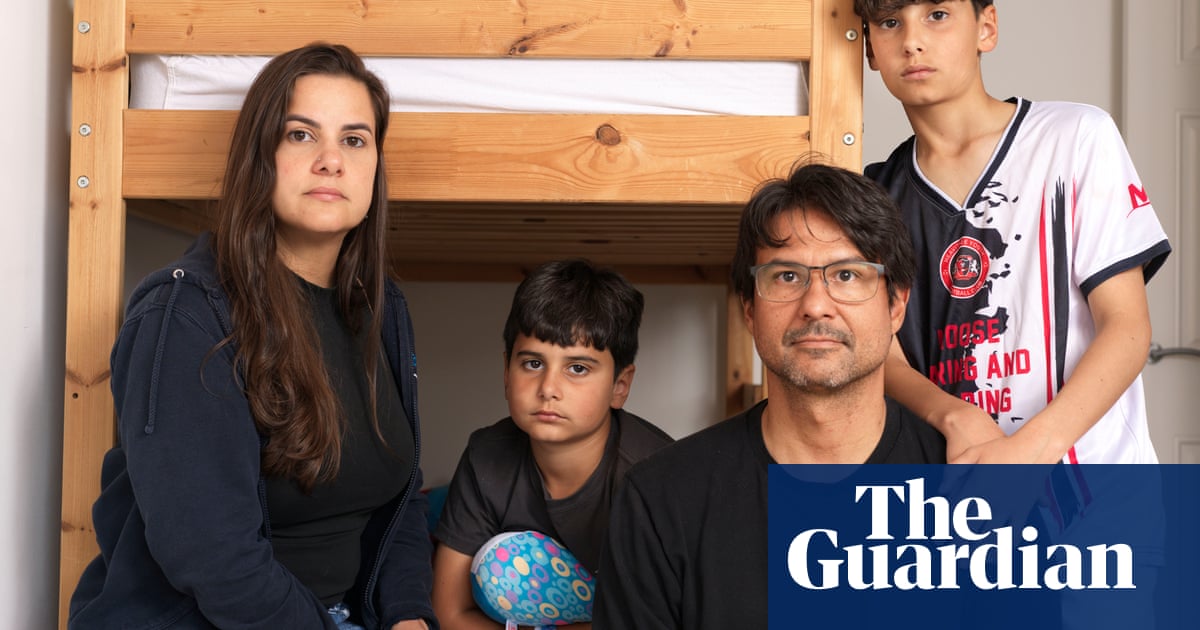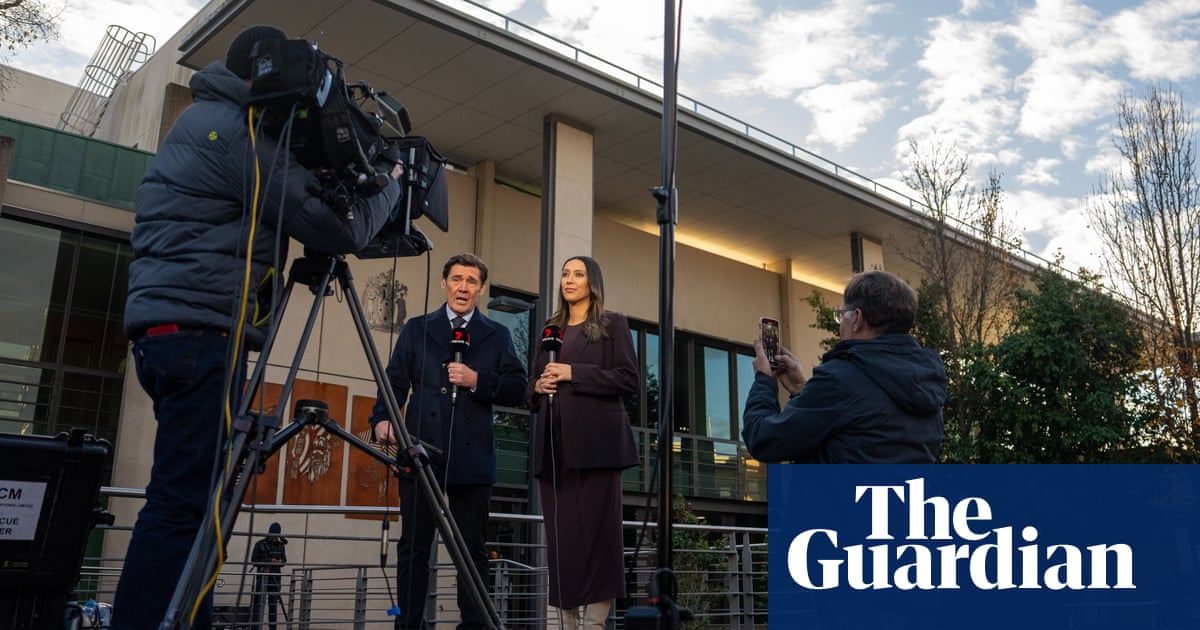Germany's Alternative für Deutschland formally designated as extremist
Germany’s Federal Office for the Protection of the Constitution, the country’s domestic intelligence agency, has just issued an update on its investigation into the far-right Alternative für Deutschland, classifying it as “confirmed right-wing extremist organisation.”
As German media noted, previously only the AfD’s state associations in certain parts of Germany were classified as such, but the national party was given a lower, “suspected” status.
Der Spiegel explains that the change in classification – underpinned by a 1,100-page report on the party – lowers the threshold for monitoring the party through intelligence means.
“The ethnicity- and ancestry-based conception of the people that predominates within the party is not compatible with the free democratic order,” the domestic intelligence agency said in a statement, quoted by Reuters.
“It aims to exclude certain population groups from equal participation in society, to subject them to treatment that violates the constitution, and thereby assign them a legally subordinate status,” Reuters quoted the statement.
The AfD does not consider German citizens of immigrant background from predominantly Muslim countries as equal members of the German people, it added.
Key events Show key events only Please turn on JavaScript to use this feature
AfD 'discriminates against entire population groups', minister says, as she insists there was no political influence over decision
Deutsche Welle reported a separate statement from outgoing German interior minister Nancy Faeser, who said the party was running a campaign against democratic order.
“The AfD represents an ethnic concept that discriminates against entire population groups and treats citizens with a history of migration as second-class Germans,” she was quoted as saying.
The outgoing minister – set to be replaced next week – insisted there was “no political influence whatsoever” on the findings of the intelligence agency.
Assessment could reignite debate about banning AfD, media say
ARD’s Tagesschau noted that the assessment is “likely to reignite the debate about banning the AfD,” although that is not an automatic process as it requires the Bundestag, the Bundesrat or the government to initiate it by applying to the federal constitutional court.
The sensitivity of any such move is obvious given the party came second in February’s federal parliamentary election with the highest vote share in its history and has even topped some of the polls since amid growing frustration with the delay in formation of the new government.
Spiegel reported that the intelligence agency had originally wanted to announce its decision late last year, but decided to delay it to not interfere with the electoral processes triggered by the collapse of Olaf Scholz’s governing coalition.
'Ethic-based' policy of AfD devalues parts of population, violates their rights, report says
The press release on the domestic intelligence agency’s finding explains that “the finding is based on an extremely careful expert review spanning a period of approximately three years,” with detailed analysis of “numerous statements and positions” from high-level AfD officials.
It said that the party’s “ethnic-based” policy “devalues entire population groups in Germany and violates their human dignity,” as it called out “numerous anti-xenophobic, anti-minority, anti-Islamic and anti-Muslim statements continually made by leading party officials.”
Germany's Alternative für Deutschland formally designated as extremist
Germany’s Federal Office for the Protection of the Constitution, the country’s domestic intelligence agency, has just issued an update on its investigation into the far-right Alternative für Deutschland, classifying it as “confirmed right-wing extremist organisation.”
As German media noted, previously only the AfD’s state associations in certain parts of Germany were classified as such, but the national party was given a lower, “suspected” status.
Der Spiegel explains that the change in classification – underpinned by a 1,100-page report on the party – lowers the threshold for monitoring the party through intelligence means.
“The ethnicity- and ancestry-based conception of the people that predominates within the party is not compatible with the free democratic order,” the domestic intelligence agency said in a statement, quoted by Reuters.
“It aims to exclude certain population groups from equal participation in society, to subject them to treatment that violates the constitution, and thereby assign them a legally subordinate status,” Reuters quoted the statement.
The AfD does not consider German citizens of immigrant background from predominantly Muslim countries as equal members of the German people, it added.
Elsewhere, a group of activists organising an aid boat for Gaza claimed it was attacked by Israeli drones in international waters off Malta as they headed towards the Palestinian territory, AFP reported.

Israel has not commented on the allegation, the agency said.
The Maltese government said that everyone aboard an aid flotilla for Gaza that was hit by drones was “confirmed safe”.
Ukraine’s prime minister Denys Shmyhal told parliament that two of the three documents related to a minerals deal with the United States would not need to be ratified, lawmaker Yaroslav Zheleznyak wrote on Telegram.
In the post, he also claimed that Shmyhal asked parliamentarians to complete the ratification process as soon as possible.
Reuters reported that Ukraine’s Cabinet of Ministers registered the law project to ratify the minerals deal with the US late on Thursday, according to the parliamentary database.
Vatican installs chimney atop Sistine Chapel as it gets ready for conclave
Over in the Vatican, photographers captured workers installing chimney atop Sistine Chapel this morning, ahead of the conclave that starts on Wednesday.


As per tradition, after each round of voting, the ballot cards are burned. Chemicals are added to make the smoke black or white. Black smoke emerging from the 60ft chimney indicates an inconclusive ballot; white smoke announces to the world that a new pope has been elected.
Morning opening: Russian attacks continue amid indications of US support for Ukraine

Jakub Krupa
Russian strikes wounded more than 30 people in Ukraine overnight, AFP reported, a day after Kyiv and Washington signed a landmark minerals deal.

The Russian attacks continue amid growing signs from Washington that the Trump administration will approve its first sale of military equipment to Ukraine since Donald Trump took office, in an indication that the minerals deal signed by the two countries this week may open a path to renewed weapons shipments.
The state department has certified a proposed licence to export “$50m or more” (£37.6m) of defence hardware and services to Ukraine, according to a communication sent to the US committee on foreign relations.
My colleagues Shaun Walker and Andrew Roth noted that it would mark the first permission of its kind since Trump paused all Ukraine-related military aid shortly after taking office.
Amid all of this, a sudden departure of Mike Waltz from the post of US national security adviser will prompt further questions about what to expect from the Trump administration, with state secretary Marco Rubio taking the role on an interim basis.
Elsewhere, with large parts of Europe in bank holiday weekend mode, I don’t expect too many story lines elsewhere. Still, I will bring you all the updates that matter – including on Romania’s upcoming presidential election, with the first round voting taking place this Sunday.
It’s Friday, 2 May 2025, it’s Jakub Krupa here, and this is Europe Live.
Good morning.

 2 months ago
42
2 months ago
42

















































